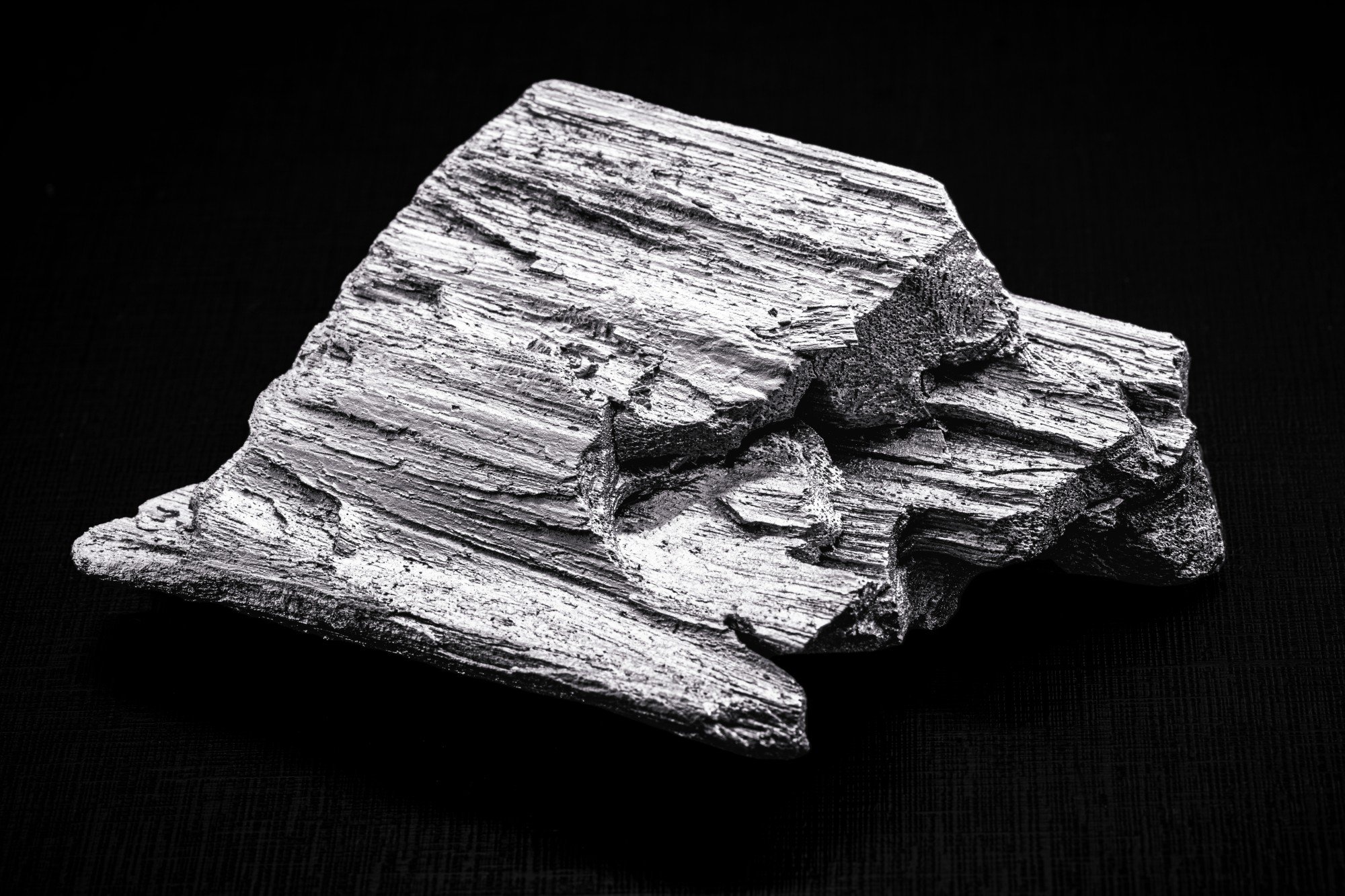Sightless mice, monkey see infrared with tellurium-powered artificial retinas, bringing scientists closer to treating blindness in people
Researchers have used a rare mineral produced mostly in China to create an artificial retina that not only restored sight in blind animals, but also gave them “super vision” – the extraordinary ability to see infrared light.
The advance offers significant promise for treating human blindness, according to scientists.
The study, led by Wang Shuiyuan, a researcher at the College of Integrated Circuits and Micro-Nano Electronics at Fudan University in Shanghai, was published in the journal Science on May 5.
Do you have questions about the biggest topics and trends from around the world? Get the answers with
SCMP Knowledge
, our new platform of curated content with explainers, FAQs, analyses and infographics brought to you by our award-winning team.
The study showed how researchers harnessed the mineral
tellurium
to create nanowire
implants
used in a biocompatible device that restored vision in genetically blind mice as well as a monkey, while giving them the ability to see “invisible” light.
Tellurium, a silver-white element as rare as platinum, is a by-product of copper refining. It has excellent photoelectric properties, enabling it to convert visible light and infrared radiation into electrical energy without the need for auxiliary equipment.
Scientists can use tellurium as a replacement for the photoreceptor cells in the retina and send electrical signals converted from light signals to the brain.
In their study, the researchers used chemical deposition to fabricate 150-nanometre tellurium nanowires. They then controlled the growth of the nanowires to form
tellurium nanowire
networks (TeNWN), which function as retinal nano-scaffolds.
Using imaging and electrophysiological recording, the team found that the
implanted devices
restored pupillary reflexes in the blind mice and stimulated neural activity in the visual cortex.
The researchers then fixed the TeNWN retinal nano-scaffolds onto the eyeballs of mice. The animals showed no complications and began to recover normal vision the day after surgery. Additionally, the implants enabled them to accurately locate light sources under near-infrared conditions.
Compared to normal mice, the implanted blind mice performed better at pattern recognition, and during behavioural tests were able to locate LED lights, eventually approaching the performance of normal mice.
Moreover, after testing with infrared light – which is invisible to normal mice – researchers confirmed that the blind mice implanted with the TeNWN showed a higher correct response rate to near-infrared light compared to normal and untreated blind mice.
The nano prosthesis was also found to be safe and biocompatible when implanted into a blind macaque, and when implanted into a macaque with normal vision, it augmented the animal’s sensitivity to near-infrared light.
In 2023, the same laboratory at Fudan University developed the world’s first artificial photoreceptor composed of titanium dioxide nanowire arrays, which restored visual function in blind mice and non-human primate models.
Clinical trials based on the 2023 nanowire are under way at hospitals affiliated with Fudan University. Information on possible human clinical trials for the TeNWN nanowire was not available.
“The methodology developed by Wang offers the potential for developing a new generation of devices capable of converting light into neural stimulation signals and restoring limited but useful vision to many blind individuals,” said Eduardo Fernandez, a biological anthropologist at Yale University and a fellow at the American Association for the Advancement of Science, who wrote a comment in the same issue of Science.
China is the world’s largest producer and consumer of tellurium, which is used as a raw material for semiconductor thermoelectric cooling, solar cells and infrared detection, and is playing an increasingly important role in various strategic emerging industries.
More Articles from SCMP
Ombudsman sets a new year zero by removing reports from website
Chinese social media giant RedNote opens Hong Kong office, its first outside mainland
Labubu craze sweeps globe, highlights power China, Asia stars have on consumer trends
Hong Kong pianist Aristo Sham wins prestigious Van Cliburn international competition
This article originally appeared on the South China Morning Post (www.scmp.com), the leading news media reporting on China and Asia.
Copyright (c) 2025. South China Morning Post Publishers Ltd. All rights reserved.







